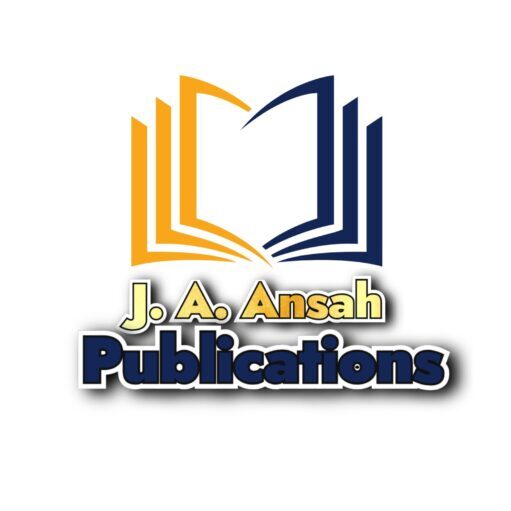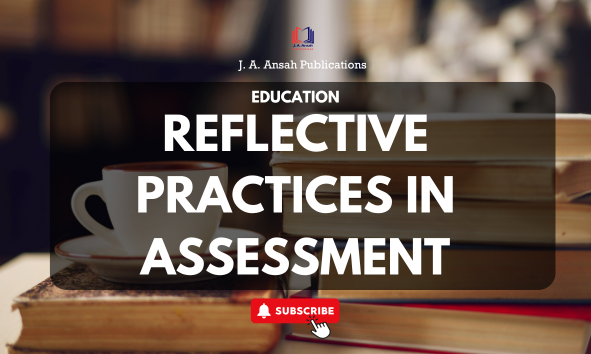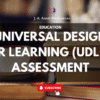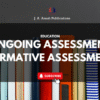REFLECTIVE PRACTICES IN ASSESSMENT
Reflective Practices in assessment encourage educators to engage in self-reflection on assessment practices, biases and assumptions. Educators are encouraged to critically examine their assessment methods and consider ways to improve their approaches (Giangreco, Cloninger & Iverson, 2018). Reflective practice allows educators to continuously refine their assessment practices and align them with the evolving needs of their students.
Encourage educators to reflect on their assessment practices and adjust based on their observations and feedback. Regular self-reflection and professional learning communities can support continuous improvement in assessment practices.
Example: After a series of assessments, a special education teacher reflects on the effectiveness of the accommodations provided to a student with attention deficit hyperactivity disorder (ADHD). Based on the observations and feedback, the teacher realises that additional visual cues and reminders would better support the student’s attention and focus during assessments, leading to adjustments in the instructional approach.
Implications: Here are some implications of incorporating reflective practices in assessment:
Professional Growth: Reflective practices in assessment support educators’ professional growth and development. By reflecting on their assessment strategies, educators can identify areas of strength and areas that may require improvement. This reflective process encourages educators to seek out professional development opportunities, explore new assessment techniques and refine their practices to better meet the needs of their students.
Improving Assessment Design: Reflective practices enable educators to critically evaluate the design of their assessments. Educators can analyse the alignment between their assessments and learning objectives, ensuring that assessments effectively measure the intended knowledge and skills. Reflection helps educators identify potential biases, limitations or gaps in their assessments and make necessary adjustments to improve validity, reliability and fairness.
Enhancing Instructional Decision-making: Reflective practices in assessment support educators in making informed instructional decisions based on assessment data. Educators can reflect on the data collected from assessments, analyse student performance trends and identify areas where instructional adjustments may be needed. Reflection helps educators identify effective instructional strategies, differentiate instruction and provide targeted support based on the assessment results.
Student-Centred Approaches: Reflective practices emphasise placing students at the centre of assessment. Educators can reflect on whether their assessment methods truly capture students’ understanding, skills and strengths. By considering students’ diverse backgrounds, learning styles and interests, educators can design assessments that are more relevant, engaging and meaningful for students. Reflective practices encourage educators to continuously seek feedback from students and involve them in the assessment process, fostering a student-centred approach.
Promoting Equity and Inclusion: Reflective practices in assessment promote equity and inclusion by encouraging educators to critically examine their assessment practices for potential biases and barriers. Educators can reflect on whether assessments are culturally responsive, provide appropriate accommodations for students with disabilities, and consider the impact of assessment practices on underrepresented groups. Reflection helps educators ensure that their assessments are fair, unbiased, and accessible to all students.
Continuous Improvement: Reflective practices support a culture of continuous improvement in assessment. Educators can reflect on the effectiveness of their assessment strategies over time, gathering insights from student feedback, peer collaboration and professional development. By regularly reflecting on their assessment practices, educators can refine and adapt their approaches to better meet the evolving needs of their students.
Ethical Considerations: Reflective practices in assessment prompt educators to consider ethical considerations associated with assessment. Educators can reflect on issues of privacy, confidentiality, and responsible use of assessment data. Reflection helps educators maintain ethical standards and ensure that assessment practices respect students’ rights and promote a positive and supportive learning environment.
Collaboration and Learning Communities: Reflective practices can be enhanced through collaboration and engagement with learning communities. Educators can engage in peer discussions, collaborative scoring, or professional learning communities to reflect on assessment practices collectively. Collaborative reflection allows educators to share experiences, learn from each other, and gain diverse perspectives that contribute to improving assessment practices.
These examples demonstrate practical applications of the strategies mentioned earlier, highlighting how they can be implemented in various educational settings to improve assessment practices for students with diverse learning needs. By implementing these strategies, educators can create more inclusive, fair, and effective assessment practices in special and inclusive education, leading to better outcomes for all students.
BIBLIOGRAPHY
Giangreco, M. F., Cloninger, C. J., & Iverson, V. S. (2018). Choosing outcomes and accommodations for children (COACH): A guide to educational planning for students with disabilities (3rd ed.). Brookes Publishing.
Quenemoen, R., Thurlow, M., & Moen, R. (2003). Handbook on alternative assessment strategies for special education. University of Minnesota, National Centre on Educational Outcomes.
National Centre on Universal Design for Learning. (n.d.). Retrieved from http://www.udlcentre.org/
National Centre on Educational Outcomes. (n.d.). Retrieved from https://nceo.info/
Polloway, E. A., Patton, J. R., & Serna, L. A. (2017). Strategies for teaching learners with special needs (11th ed.). Pearson.
Salend, S. J. (2019). Assessment in inclusive settings: Key issues for transitioning from traditional to authentic approaches. Routledge.
Westwood, P., & Graham, L. J. (2019). Special educational needs in schools: A manual for evaluation and assessment (4th ed.). Routledge.




This tool allows you to replace clothes in pictures.
It uses smart technology to adjust outfits naturally.
You can try various styles right away.
xnudes.ai|The Ultimate Clothing Changer Neuro Tool
The results look authentic and stylish.
It’s a handy option for shopping.
Submit your photo and choose the clothes you prefer.
Begin trying it now.
Подбирая риэлторскую компанию, важно обращать внимание на его репутацию.
Хорошее агентство всегда имеет мнение покупателей, которые доступны онлайн.
Также обратите внимание, наличие разрешительные документы.
Серьёзные компании работают только на основе официальных соглашений.
Дома Казани
Важно, чтобы у агентства был практика на рынке не меньше нескольких лет.
Обратите внимание, насколько честно компания показывает нюансы сделок.
Ответственный риэлтор всегда разъяснит на ваши сомнения.
Выбирая агентство, доверьтесь не только рекламе, а реальной практике.